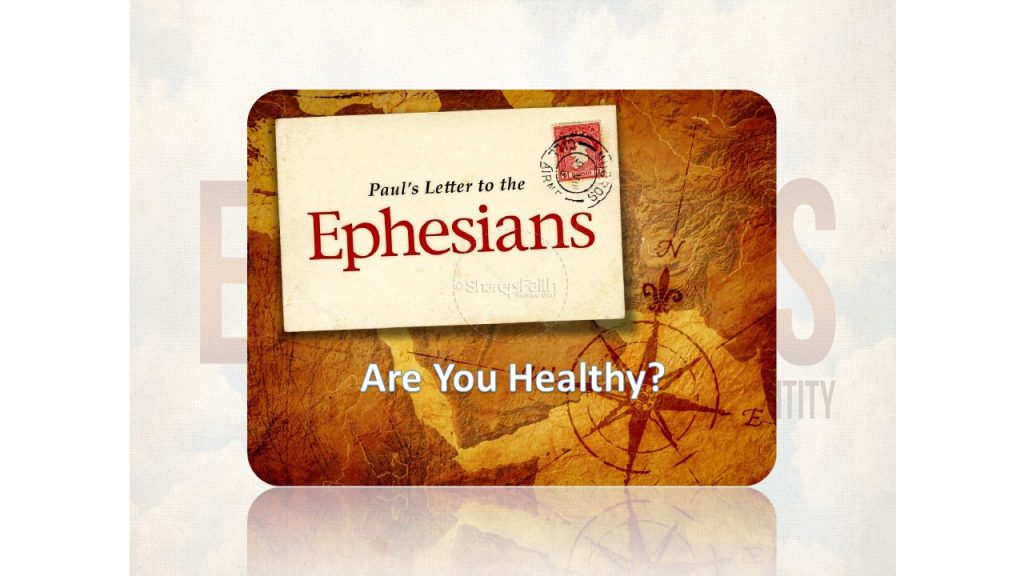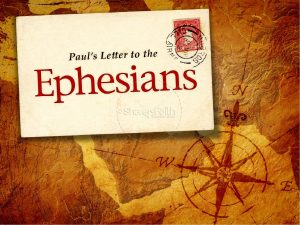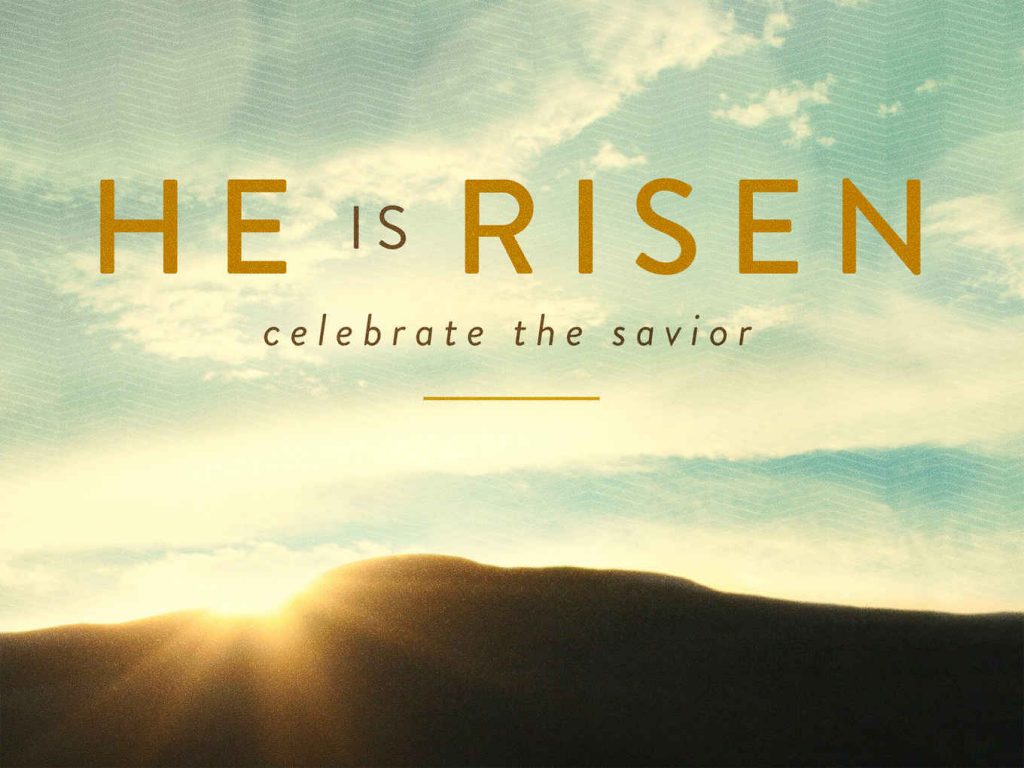
Ephesians 4:7-12
In the previous message from Ephesians 4:1-6, we saw that the first aspect of a healthy church is unity. But we must remember that unity is not sameness. Every member of the church has different roles to play and gifts to bless the church.
Ephesians 4:7 says, “But grace was given to each one of us according to the measure of Christ’s gift.” Every follower of Jesus has received a gift, or grace as Paul refers to it. This is not saving grace, rather it is grace to serve and build up the body of Christ. The apostle Paul was given the grace to preach to the Gentiles (Ephesians 3:8).
We know these to be the gifts of the Holy Spirit for the equipping of the church. These gifts are listed in verse 11, “And he gave the apostles, the prophets, the evangelists, the shepherds and teachers.” These are specific spiritual gifts given to people in the church whose primary mission is to minister the word of God.
Each of these have the same value to God, but they share different roles. This is where we run into trouble, we hold on to labels as if they were badges of honor, rather than areas of responsibility.
Let us look at each of these gifts briefly.
Apostle: The word Apostle comes from the Greek word Apostolos and means “sent one”.
John Stott writes that there are three different understandings of the term Apostle used in the Bible.
1: There were the original apostles such as John, Peter, Paul, and the other disciples, obviously those apostles were unique and have not been replicated. Jesus had many disciples, but He selected twelve Apostles. A disciple is a “follower” or a “learner,” but an apostle is a “divinely appointed representative.” We do not have these apostles in the church today. Ephesians 2:20 explains that these apostles are the foundation of the church.
2: Since we have all been sent, because of the Great Commission (Matthew 2:19-20) applies to us all, we are all apostles of Jesus Christ. We have all be sent by Jesus.
3: And then there is the apostle that Paul refers to here. The Apostolic gift that Christ gives to his church, specifically to certain people in order to advance the Kingdom. They are the church planters, the missionaries, and the ministry pioneers.
Prophets: As we saw in Ephesians 2:20, the Biblical prophets, Jeremiah, Elijah, Ezekiel, and others are the foundation of the church. Those God used to forth-tell, to predict future events such as the coming of Jesus and his second coming.
A New Testament prophet is someone who proclaims the Word of God. In a real sense, preaching is prophesying. Taking God’s word and applying it to people’s lives (see 1 Corinthians 14:3).
The gift of prophecy today must always be confirmed and based on the declaration of the Word of God. Don’t base the direction of your life on what someone feels the Lord is saying to you, be careful to test a prophetic word through the filter of the Bible and then also allow God to bring it to pass.
Evangelists: These are the bearers of Good News, people going from place to place to proclaim the Gospel and win the lost. Everyone who is saved is called to be a witness, to share the message of the gospel, but some people are gifted as evangelists. The fact that a believer may not possess this gift does not excuse him from being burdened for lost souls or witnessing to them.
Shepherd: The titles of Shepherd, Pastor, Elder or Overseer are found in the New Testament and are often misunderstood. Jesus is the head of the church and the pastor serves under his leadership (Hebrews 13:20).
The pastor is not the church CEO, rather he is a gift God has given to the church to equip the church for the work of the ministry. The role of the pastor is to nurture, defend, protect, and sacrifice for the flock.
Teacher: In verse 11, the titles of shepherd and teacher are separated by a definite article in the Greek, and it is likely that this indicates an overlapping in function.
All Pastors teach, by nature of the function of the role, but not all teachers are pastors.
These are the 5 gifts that the Lord has given to the church, and as long as the body of Christ needs to be equipped for works of service, the gifts are still given by Christ to the church (Ephesians 4:12).
This is probably the biggest problem with the modern-day church. Our western church is primarily a consumer driven church and not a mission driven church.
Ephesians 4:12 makes it clear that the work of the ministry of the church is the responsibility of the members of the church.
A church will never mature if we look at the gifts that God has given us as the head, rather than Christ as the head of the church. The gift giver is the head of the church and not the gifts.
As Paul states, disciple making is not the exclusive domain of pastors, rather discipleship is everyone’s job. The members of the early church took their responsibility to make disciples very seriously. The pastor is the equipper, and every member of the church is a minister.
Jesus commands you to look at the people around you and start making disciples. Obviously only God can change a person’s heart, but our responsibility is to be Christ’s ambassadors, his message bearers, in our communities.
God’s plan to reach people with the gospel is not primarily evangelists or apologists. God’s plan to reach people with the gospel is the church.
Tony Merida writes, “Every member should grow up and use a towel, not wear a bib. They should not be immature consumers but eager servants.”
You have been given a gift by God, what are you doing with that gift?








